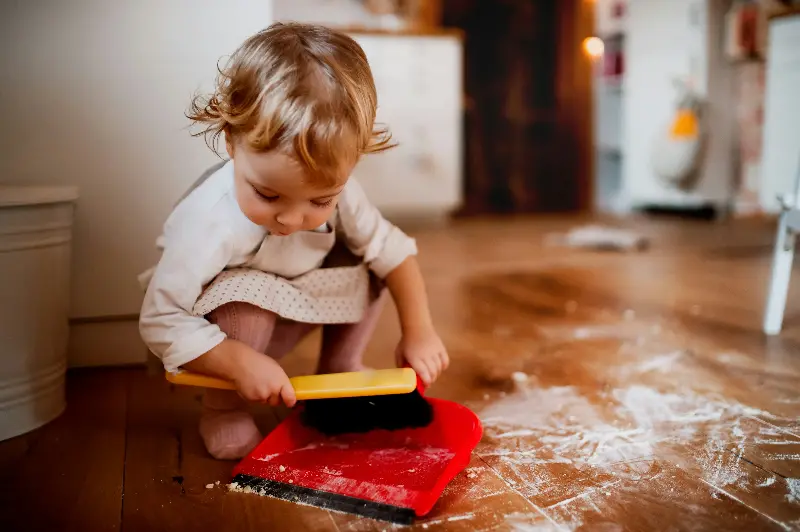
It’s no secret that today’s parents face a dizzying array of challenges when teaching life skills to children. Yet, among the most fundamental—and overlooked—building blocks for future success is organisation. Imagine a world where your child joyfully puts away their toys, organises their backpack, and takes pride in a tidy bedroom. The secret? Turning clean-up routines into vibrant, collaborative play.
Children thrive on fun. When clean-up is presented as another dull chore, it becomes a source of tension. However, by weaving elements of game and creativity into tidying, you ignite intrinsic motivation and foster habits that will last a lifetime. In fact, psychology research highlights that playful routines cement positive behaviours more effectively than stern demands ever could.
From Chaos to Confidence: How Play Nurtures Self-Management
The process of cleaning isn’t merely about the end result—a spotless room—it’s about nurturing various cognitive and emotional skills. When children participate in playful clean-up, they engage their brains in unique ways:
- Decision making: Choosing the correct shelf for each book or the safest spot for delicate toys
- Time management: Racing against a timer brings in excitement while learning to work efficiently
- Sequencing & categorisation: Sorting blocks by colour or size sharpens critical thinking
- Collaboration: Working together with a sibling or parent fosters teamwork and communication
Each of these micro-tasks boosts not just tidiness, but also self-management, confidence, and resilience—skills essential for thriving tomorrow.

Transforming Tidying into a Game
What if the daily pack-away could feel like an expedition or a mini Olympics? It’s easier than you think. Try infusing clean-up with stories or challenges that turn the mundane into the marvellous.
Consider these time-tested methods:
- The Sorting Race: Set a timer and challenge your child to sort toys by colour, shape, or type before the buzzer sounds.
- Pretend Play: Become astronauts preparing your “spaceship” (bedroom) for launch—everything must be secured and organised!
- Mystery Missions: Hide a “secret object” somewhere in the mess. Whoever finds it while cleaning up wins a small reward.
- Musical Clean-up: Put on your child’s favourite song and see how much tidy-up can be achieved before it ends.
These playful tweaks don’t just make clean-up fun; they transform it into a daily adventure your child looks forward to.
Cultivating Habits that Grow with Them
Today’s playful rituals become tomorrow’s self-driven habits. The beauty of teaching self-management through play is its adaptability. As your child grows, the games shift to match their maturing sense of responsibility. Soon enough, those imaginative races and pretend missions translate into:
- Independent organisation of schoolwork
- Effective time management skills
- A sense of ownership over their environment
More importantly, these early habits reinforce the message that order creates space for creativity and comfort. A tidy space is not just a clean space; it's fertile ground for curiosity, focus, and growth.
Raising Future Thrivers
Parents who turn everyday routines into joy-filled learning moments are offering their children more than just a clean bedroom—they’re bestowing the tools for a balanced, empowered life. Organisation, after all, isn’t innate; it’s cultivated—with patience, play, and consistency.
As you clear away the clutter today, perhaps you’ll pause and notice: it’s not simply toys or clothes being sorted, but seeds of tomorrow’s thriving, self-managed adults being gently and joyfully sown.
How might you add a spark of playfulness to your next family tidy-up—and where might it lead you all on the unpredictable path to tomorrow?
